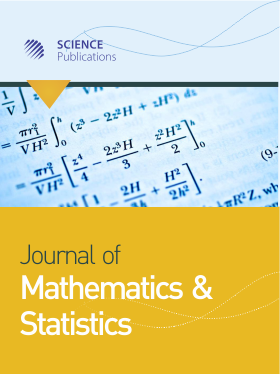THE THEORY OF COMPLEX PROBABILITY AND THE FIRST ORDER RELIABILITY METHOD
- 1 Notre Dame University, Lebanon
Abstract
The Kolmogorov’s system of axioms can be extended to encompass the imaginary set of numbers and this by adding to the original five axioms an additional three axioms. Hence, any experiment can thus be executed in what is now the complex set C (Real set R with real probability + Imaginary set M with imaginary probability). The objective here is to evaluate the complex probabilities by considering supplementary new imaginary dimensions to the event occurring in the “real” laboratory. Whatever the probability distribution of the input random variable in R is, the corresponding probability in the whole set C is always one, so the outcome of the random experiment in C can be predicted totally. The result indicates that chance and luck in R is replaced now by total determinism in C. This new complex probability model will be applied to the concepts of degradation and the Remaining Useful Lifetime (RUL), thus to the field of prognostic based on reliability. Therefore, an example of Young modulus will be applied and the First Order Reliability Method (FORM) analysis will be used for this purpose.
DOI: https://doi.org/10.3844/jmssp.2013.310.324

- 2,901 Views
- 2,441 Downloads
- 23 Citations
Download
Keywords
- Complex Probability
- Prognostic
- Degradation
- Remaining Useful Lifetime
- Young Modulus
- First Order Reliability Method (FORM)
- Failure Probability
